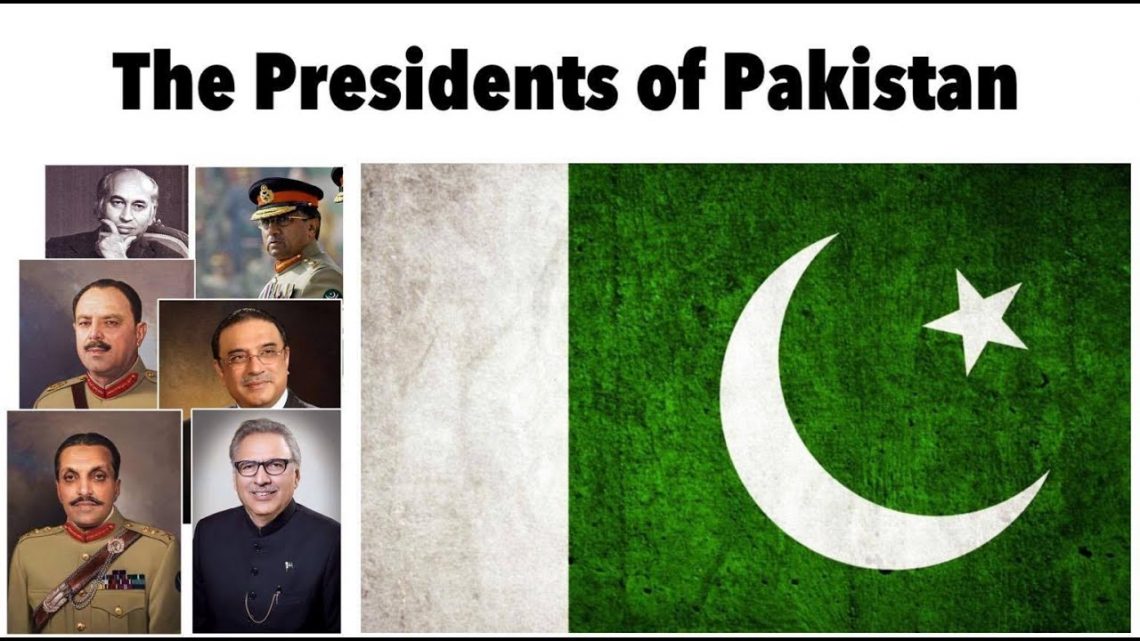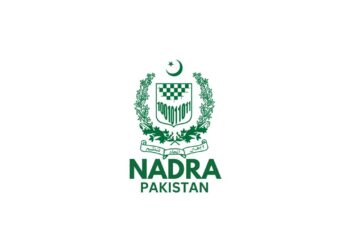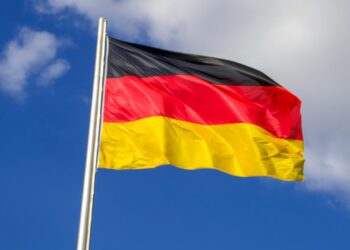The president of Pakistan is the head of state, elected by senate, national assembly and provincial assembly for a period of five years. In Pakistan, the president is kept informed by the prime minister of Pakistan on all matters of internal and foreign policy, as well as all legislative proposals. The official residence and principal workplace of the president is Aiwan-e-Sadr located in northeastern Islamabad.

Since its independence, Pakistan has had 13 presidents. Here’s a complete list of presidents of Pakistan, with some amazing facts about the authoritative figures.
Read more: List of Prime Ministers of Pakistan since 1947-2018 [Interesting Facts].
List of Presidents of pakistan
1. Iskander Mirza
Iskander Mirza of Republic party became the first leader to be titled the president of Pakistan, in 1956. However, after two and a half years of presidency, Sir Iskander Mirza was taken over by Genernal Ayub Khan, in the light of martial law.
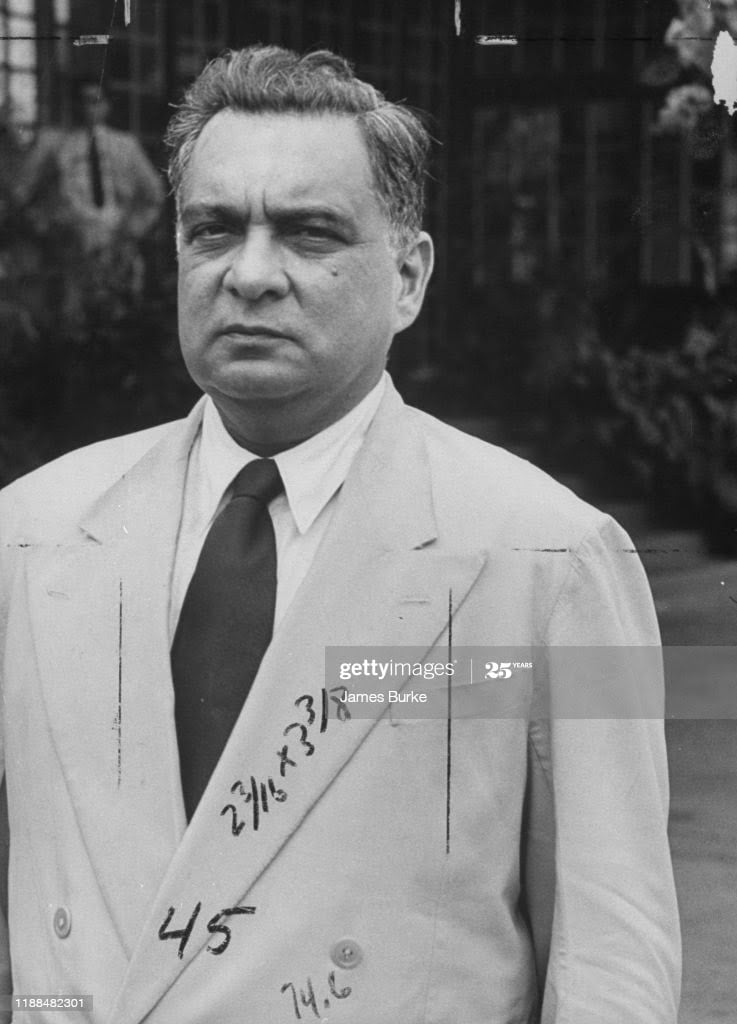
After resignation from politics, Mirza moved to United Kingdom where he spent the rest of his time and died in 1969.
Moreover, some Pakistani historians are of the opinion that Iskander Mirza was responsible for weakening of democracy and political instability in the state.
Total duration: 2 years, 7 months and 4 days.
In Office: 23rd March 1956- 27th October 1958
Status: Elected president
Political Party: Republic party
2. Ayub Khan
The first general to enter into politics, Ayub Khan became the second president of Pakistan, after dismissing Iskander Mirza. However, the extreme protests and labor strikes which were supported by the cause of East Pakistan resulted in his forced resignation in 1969.
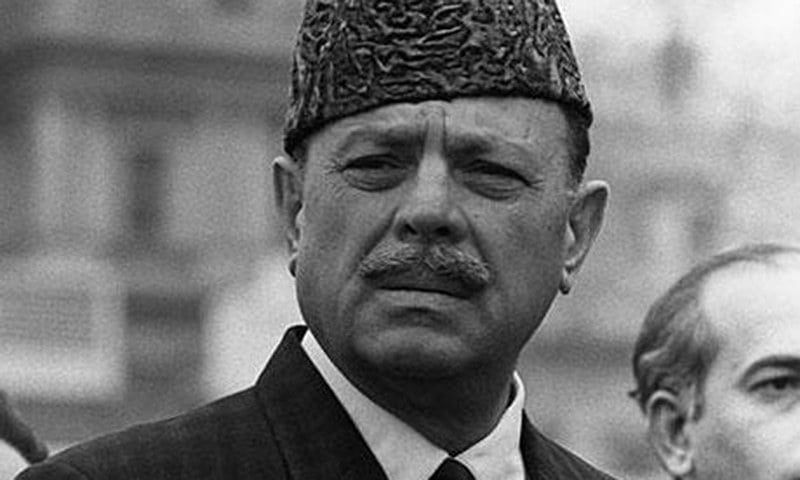
Ayub Khan was transferred from British Indian Army to Pakistan Army after partition and became the first commander in chief of Pakistan. He supported former president’s decision of imposing martial law against then prime-minister, Feroze Khan. In the process, he took the president seat.
Talking about his legacy, Pakistanis has mixed opinions about his ruling period. When some appreciates the General for his law and order conditions as well as economic well-being, others criticize him for welcoming intelligence agencies invasions into national politics.
Total duration: 10 Years, 4 Months, 26 Days
In Office: 27 October 1958 – 25 March 1969
Status: Military Dictator
Political Party: None [Army General]
3. Yahya Khan
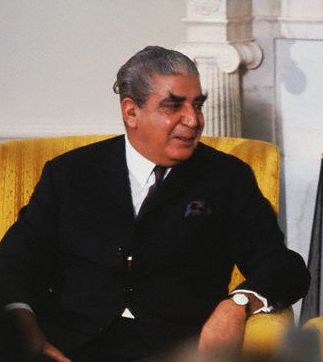
Agha Muhammad Yahya Khan, who was appointed commander in chief by Genral Ayub Khan, became the third president of Pakistan. Yahya Khan took presidency from former dictator Ayub Khan and enforced martial law in the country. Additionally, Yahya khan also held the first nationwide general elections that caused the separation of East Pakistan, now known as Bangladesh. Hence, his rule is widely regarded as a leading cause of the break-up of the unity of Pakistan.
He died in Rawalpindi, in 1980.
Total Duration: 2 Years, 8 Months, 25 Day
In Office: 25 March 1969 – 20 December 1971
Status: Military Dictator
Political Party: None
4. Zulfiqar Ali Bhutto
Zulfiqar Ali Bhutto, the founder of renowned political movement Pakistan People’s party was given dictatorship by Yahya Khan, after he disposed martial law. Bhutto served the then torn apart Pakistan with great passion and patriotism and rebuilt the deranged citizens into a strong nation. Bhutto was executed by Gen. Zia after being on death trials for a very long duration, after he was falsely accused of murdering his opponent.
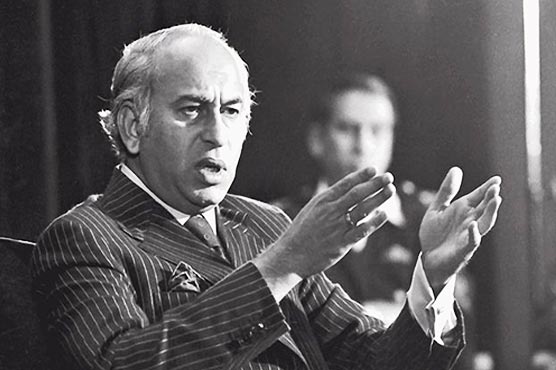
Bhutto remains a controversial and largely discussed figure in Pakistan. While he was hailed for his nationalism, Bhutto was roundly criticized for intimidating his political opponents. Nevertheless, Bhutto’s political party still remains the top-notch political party of Pakistan, governed by his grandson Bilawal Zardari.
Total Duration: 1 Year, 7 Months, 24 Days
In Office: 20 December 1971 – 13 August 1973
Status: Elected democratically
Political Party: Pakistan People’s Party
5. Fazal Ilahi Chaudhary
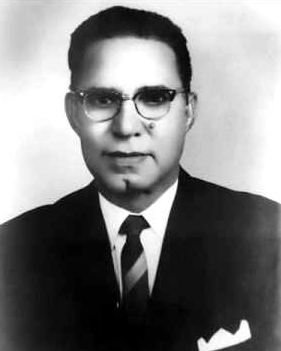
Fazal Ilahi, the fifth president and first speaker of national assembly of Pakistan joined the politics with Muslim League Party. Nonetheless, in 1973, he won the ticket of president from PPP and ended up joining it. Furthermore, Fazal ilahi was the first president with lesser powers than prime minister, as decided in the constitution of 1973.
Total Duration: 5 Years, 1 Month, 3 Days
In Office: 13 August 1973 – 16 September 1978
Status: Elected democratically
Political Party: Pakistan People’s Party
6. Muhmmad Zia ul Haq
Zia ul Haq, the four-star general embraced the presidency after imposing martial law in 1978. He was killed along with several of his top military officials and two American diplomats in a mysterious plane crash near Bahawalpur on 17 August 1988.
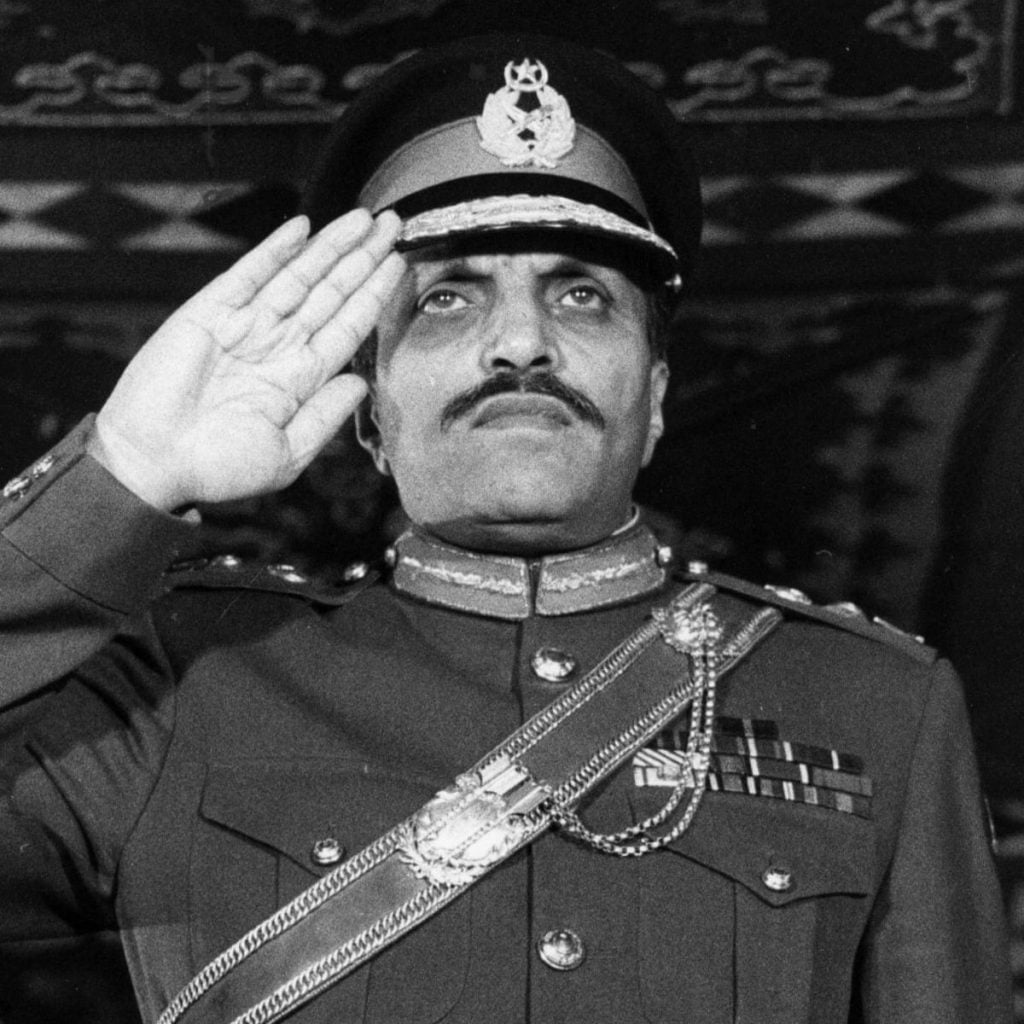
Zia ul Haq remains the longest serving head of state till present, for almost 10 years, as his reign terminated with his death.
Total Duration: 9 Years, 11 Months, 1 Day
In Office: 16 September 1978 – 17 August 1988
Status: Military Dictator
Political Party: None
7. Ghulam Ishaq Khan
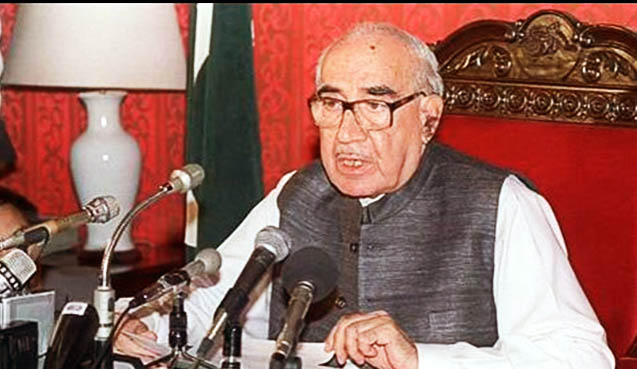
Oldest person to serve as president, bureaucrat Ghulam Ishaq took the dictatorship after Gen Zia’s death.
Total Duration: 4 Years, 11 Months, 1 Day
In Office: 17 August 1988 – 18 July 1993
Status: Elected democratically
Political Party: Independent
Wasim Sajjad

Being the chairman of senate, Wasim Sajjad served as president of Pakistan for almost four months, till no other president was elected.
8. Farooq Ahmad Khan Leghari
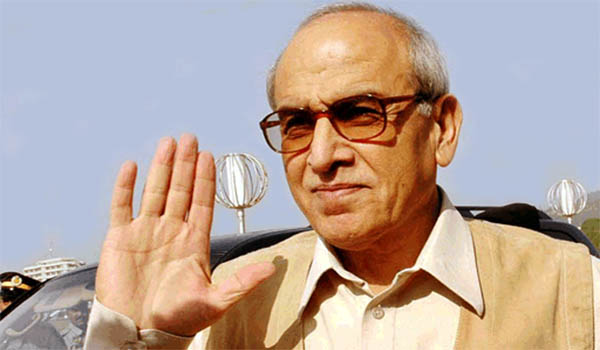
First Baloch elected president; Farooq Leghari worked under Benazir Bhutto as her deputy Leader of the Opposition and participated in general elections held in 1993.
Total Duration: 4 Years, 18 Days
In Office: 14 November 1993 – 2 December 1997
Status: Elected democratically
Political Party: Pakistan People’s Party
9. Muhammad Rafiq Tarar
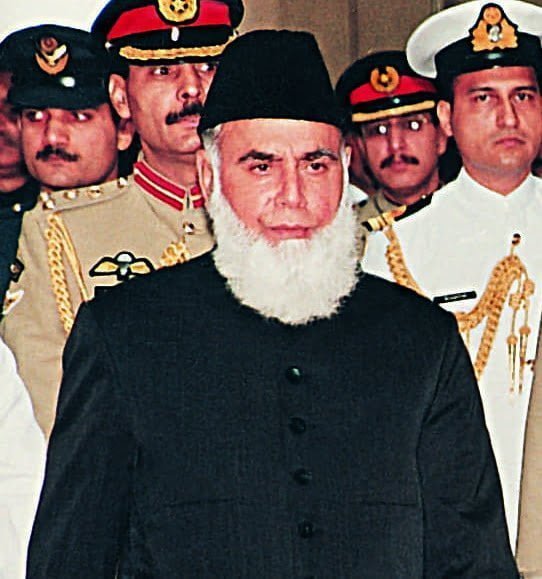
Being the retired judge of Supreme Court at that time, Muhammad Rafiq Tarar was assigned ninth president in 1998. It was during his time; Pervez Musharraf led a coup against former Prime Minister Nawaz Sharif.
Muhammad Tarar was also accused by Benazir Bhutto of illegally legitimizing dismissal of his government as a judge of Supreme Court of Pakistan.
Total Duration: 3 Years, 5 Months, 19 Days
In Office: 1 January 1998 – 20 June 2001
Status: Elected democratically
Political Party: Pakistan Muslim League (N)
10. Parvez Mushraf
Retired four star general and one of the most acclaimed leader of Pakistan, General Parvez Musharraf served as a president from 2001, ruling the state with great passion for eight years of his life.
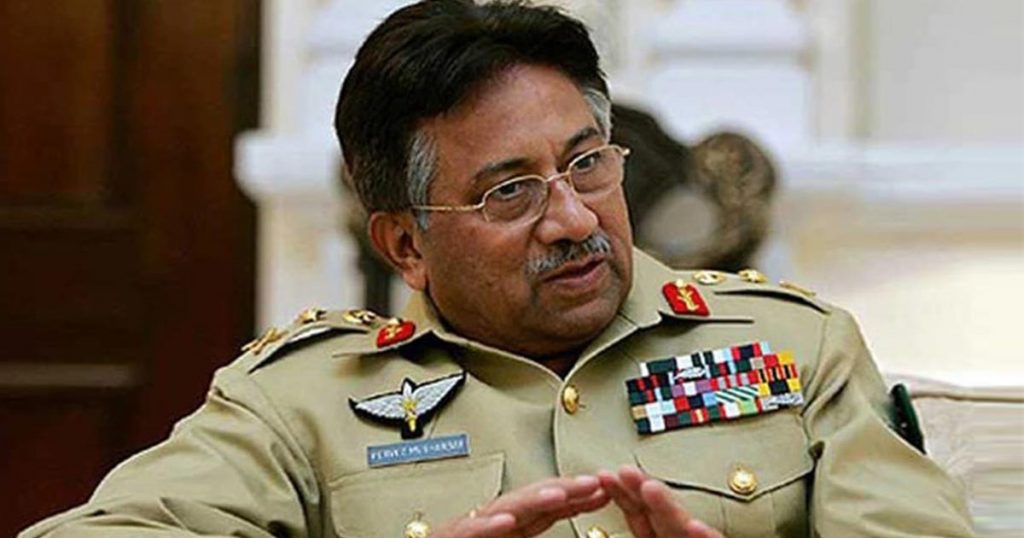
Additionally, Musharaf had been indicted of several cases. The first case was subverting and suspending the constitution, and the second was a Federal Investigation Agency probe into the conspiracy to assassinate Bhutto. Furthermore, on 2 September 2013, a first information report (FIR) was registered against him for his role in the Lal Masjid Operation in 2007.
Currently, Musharaf lives in Dubai and is fighting a rare illness amyloidosis.
Total Duration: 7 Years, 1 Month, 29 Days
In Office: 20 June 2001 – 18 August 2008
Status: Military Dictator
Political Party: Later affiliated with Pakistan Muslim League (Q)
11. Asif Ali Zardari

Son in law to Zulfiqar Bhutto, current president of Pakistan People’s Party, Asif Ali Zardari has also served the country as president in old times.
Zardari rose to prominence after his marriage to Benazir Bhutto in 1987, who became the Prime Minister of Pakistan after her election in 1988.
Total Duration: 5 Years
In Office: 9 September 2008 – 8 September 2013
Status: Elected democratically
Political Party: Pakistan People’s Party
12. Mamnoon Hussain
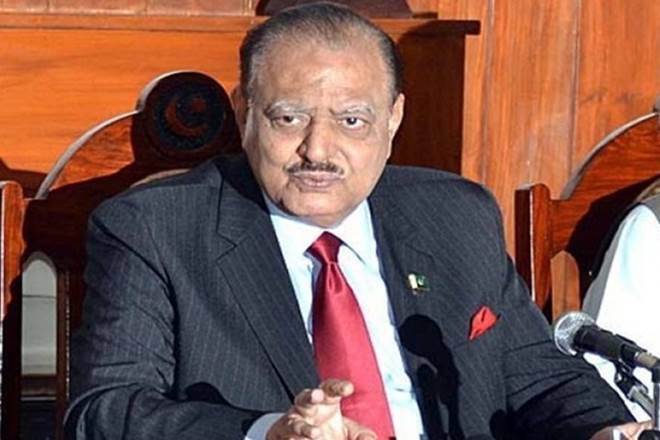
Pakistani politician and businessman Mamnoon Hussain was elected president of Pakistan, during Nawaz Sharif’s governance. As a president, Hussain maintained a low-key profile and was rarely seen interfering into politics.
Here to mention, Hussain was elected governor of Sindh during Rafiq tarar’s rule.
Total Duration: 4 years, 11 months, 6 days
In Office: 9 September 2013 – 3 September 2018
Status: Elected democratically
Political Party: Pakistan Muslim League (N)
13. Arif Alvi
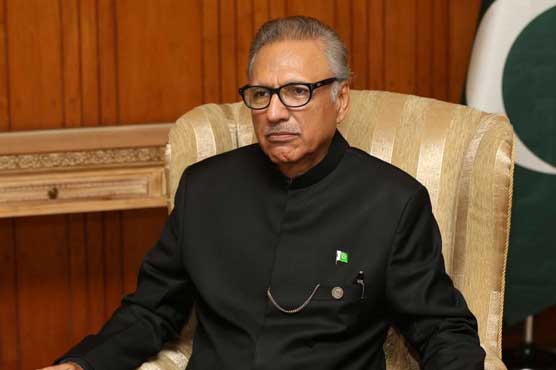
Arif-ur-Rehman Alvi, the current president of Pakistan is a dentist by profession. He was one of the founding members of Pakistan Tehreek –e Insaaf and held a seat in national assembly from June 2013 till present.
Total Duration: 5 years and 6 months, 1 day
In office: September 9, 2018 – March 10, 2024
Status: Elected democratically
Political Party: Pakistan Tehreek e Insaaf
14. Asif Ali Zardari

The son-in-law of Zulfiqar Ali Bhutto and husband of late Benazir Bhutto, Asif Ali Zardari came to office for the second time after 2024 general elections. The elections were tough with Independent candidates from Pakistan Tehreek-e-Insaf (PTI) winning a lot of seats. However, in order to take control, the PPP and PML-N decided to form a coalition government with Shehbaz Sharif as Prime Minister and Asif Ali Zardari as President.
Total Duration: Currently in office
In office: March 10, 2024 – Present
Status: Elected democratically
Political Party: Pakistan Peoples Party (PPP) Parliamentarian
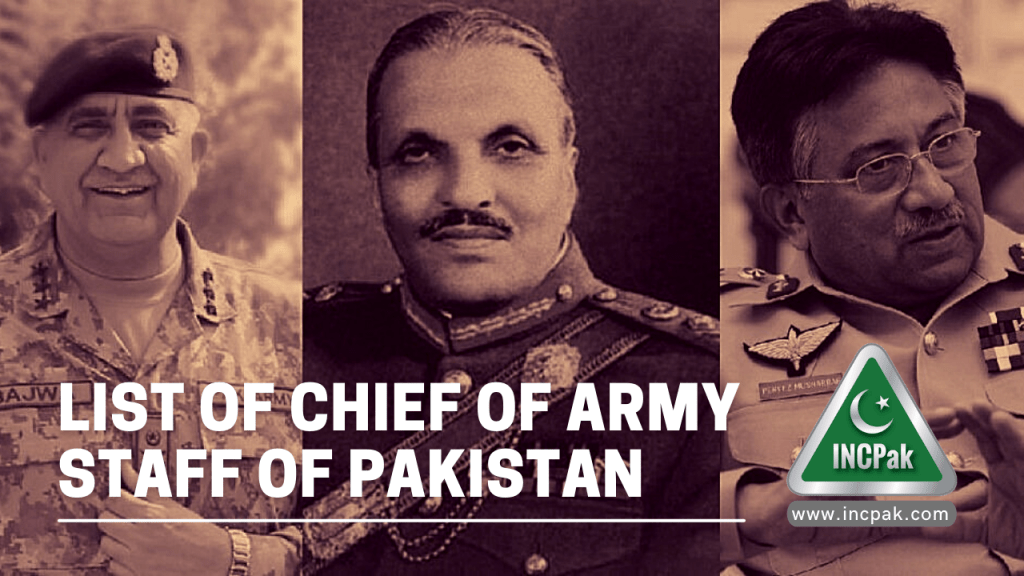
Read More: List of Chief of Army Staff (COAS) of Pakistan since independence
